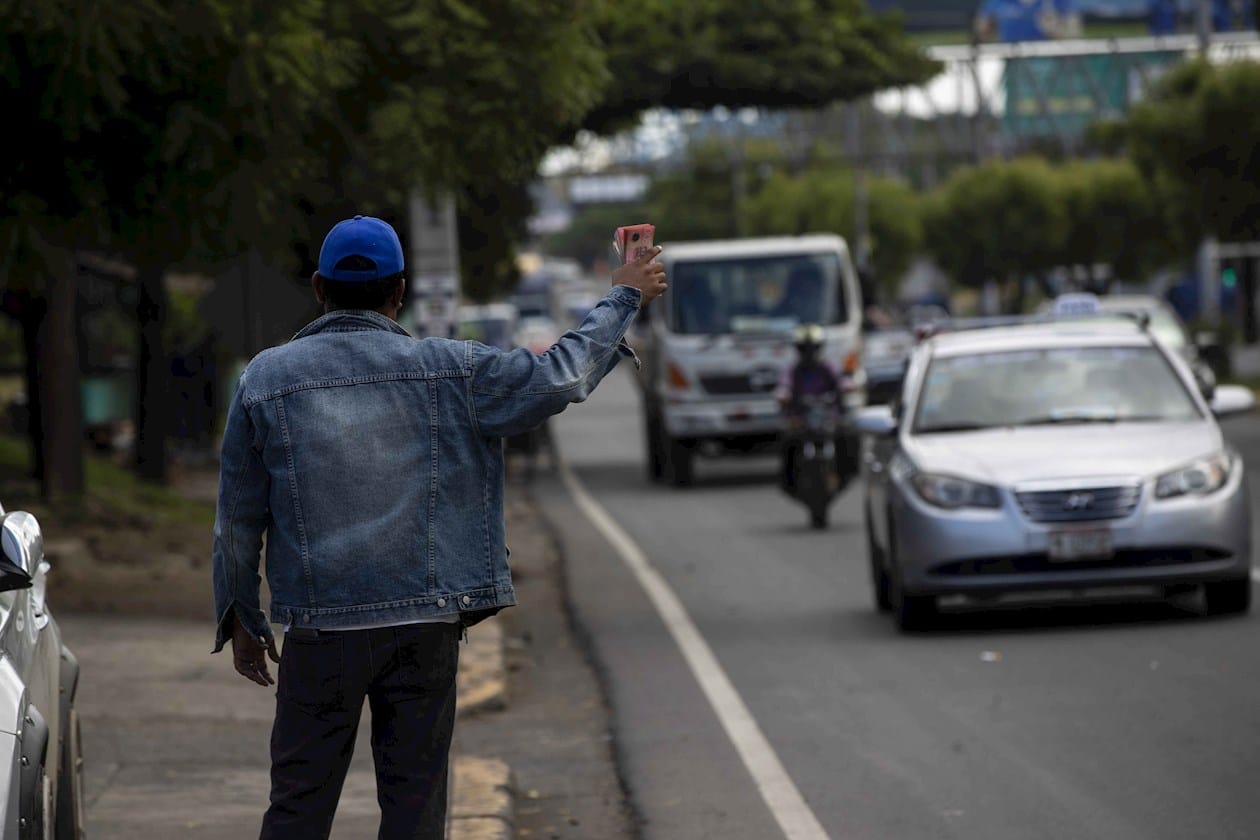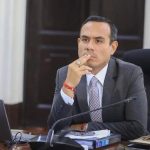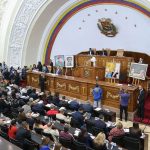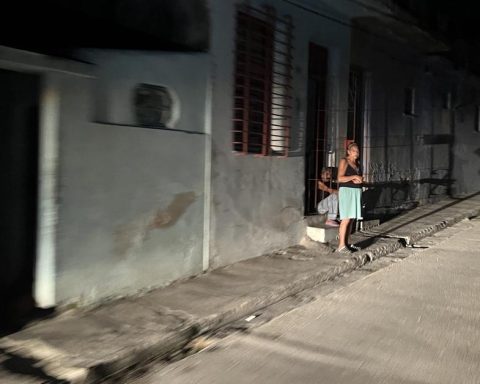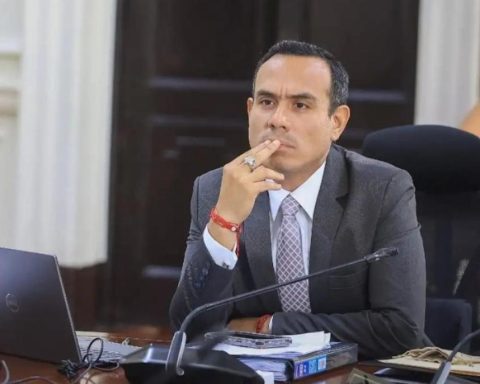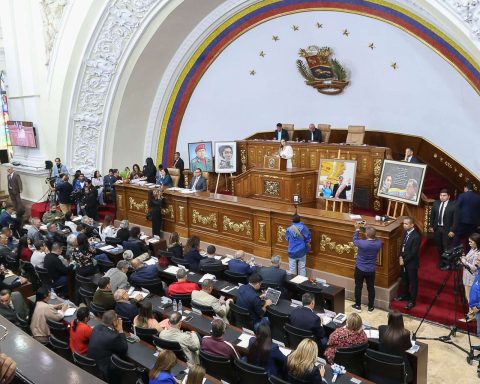The Economist Intelligence Unit (EIU), raised its growth forecast for the Nicaraguan economy for 2021, from the 6% in which he had placed it in its report from last October, up to the 8.5% forecast in its report dated November 9. The most recent projection of the Central Bank, ranges between 6% and 8%.
Every month, the EIU (which is part of The Economist Group), makes an analysis of the country, mixing elements of the political sphere with those of the economic area (national and international for both areas), and predicts the fulfillment of a series of variables, among which GDP, inflation, deficit, etc. stand out.
The reason for raising its estimate of real GDP growth for 2021, to the indicated 8.5%, is “a sequential contraction less than expected in July, as well as upward revisions to the activity figures” for the first semester of the year.
If the publication is optimistic about the performance of 2021, it is not optimistic for the next five years, where forecast a sharp slowdown in growth: 2% in 2022 and 2023, and 1.7% between 2024 and 2026, as a result of changes in the base year of comparison, as well as “weaknesses in the business environment and the labor market”.
The November forecast identifies five risk situations, with high probabilities of occurrence and of affecting the economic environment of the country, highlighting “a strong decrease in multilateral financing, which would increase the risks of the balance of payments.”
They also envision the possibility of the United States imposing sanctions that paralyze the Nicaraguan economy; an aggressive application of taxes, which worsens the business environment; an increase in state control over the economy, and the failure of the government to suppress the increase in crime.
Regarding this last element, they point out that “the tacit acceptance of the regime towards paramilitary groups, has led to an increase in violent crime, the illicit drug trade and even human trafficking. The government will find it difficult to significantly address the deteriorating security situation and maintain law and order. “
Although the group maintains its forecast that the FSLN will remain in power, they are not unaware that “one of the main vulnerabilities of the regime is its exposure to punitive measures by the United States,” citing the sanctions to 31 senior officials, including Vice President Murillo.
“Although we do not expect specific measures like these to have a major impact on the regime, there is a risk that the United States will intensify pressure through sanctions throughout the economy, which could eventually weaken the position” of the president, specifically citing the approval of the Renacer Law, what was signed this Wednesday by President Joe Biden.
Army and Police are the ones who really rule
Based on these scenarios, they consider that if the political or economic pressure increases significantly, “the security forces will determine the strength of Ortega’s control in power”, recalling that he has “complete control over the police and a strong influence over the military”.
Given that the highest ranking officers have been “placated” with positions in state or Albanian companies, as well as permits and concessions to operate in other areas, “the loyalty of the security forces is assured, but there is a risk of fractures. within the regime if economic or political conditions radically worsen ”, warns the EIU.
At the international level, they note that Nicaragua will be increasingly isolated, both regionally and globally, “as the regime refuses to address the concerns of the international community about violations of human rights and political freedoms. ”.
This isolation can lead to the closure of international financing, whose recent generosity It has been based on humanitarian reasons, but if Nicaragua is expelled from the OAS, “even this financing could be at risk”, so the future of the country will depend more and more, mostly from the Central American Bank for Economic Integration (CABEI), where the United States has no direct influence.
In this scenario, “the main objective of the Government in the medium term will be to boost national and foreign investment”, trying to seduce national capital with a ‘carrot and stick’ approach to put the private sector back on its side. The EIU believes that “the prospects for a full return to the pre-2018 status quo … are slim, given the irreparable damage to the business community’s relationship with the government.”
On the external front, they predict that the government will seek to attract new foreign investment from Asia and the Middle East, but “the performance of these initiatives will be minimal.” In passing, they will seek to encourage investment in electricity, to reactivate tourism and increase the productivity of the agricultural sector; but “progress on each of these fronts will be limited”.
INSS is still in crisis
Internally, they point out that the Nicaraguan Social Security Institute (INSS), and the state companies Enatrel, ENEL and Enacal “will continue to have large deficits, which the government will have to absorb”, although they expect that “the Government will toughen policy in 2022, as funding constraints become more pressing, which could lead to a new round of social security reforms”.
“The improvement in INSS financing engendered by the reforms is likely to be short-lived, as they are unlikely to address numerous issues, including bulky administrative costs, and their flawed investment policy. Furthermore, without a resolution to the political conflict and significant improvements in the business environment, the INSS will not be able to expand its taxpayer base at a sustainable rate, ”they warn.
In the following years, neither the INSS nor the GDP will be able to grow significantly due to “a series of factors”, starting with the mismanagement of the covid-19 pandemic: as of October 8, only 5% of the population was fully vaccinated. “Given the delays in the acquisition and distribution of vaccines, Nicaragua will not achieve generalized immunity (60% to 70% of the fully vaccinated population) at least until 2023,” he explained.
The arrival of the new waves of the virus will hamper service activities, even without imposing formal containment measures, “by undermining consumer demand and increasing employee absenteeism,” he warns.
The second factor is the bad situation of the labor market. “Despite strong growth figures, Nicaragua is experiencing a jobless recovery; the economy lost 188 688 jobs in the first half of 2021 ”. In this context, a slowdown in the growth of remittances is expected, driven by a reduction in the stimulus related to the pandemic in the markets of origin, which will curb private consumption ”.
A final factor that weighs on the medium-term prospects is “limited access to finance with which to boost growth… At the same time, the private sector will face limited access to credit, due to the high risk premium that it involves credit activity ”, they advance.
Finally, they identify that “there will be investment opportunities in mining, cigar manufacturing and textiles, but a weak business environment and a high level of political risk will reduce the overall growth potential.”
